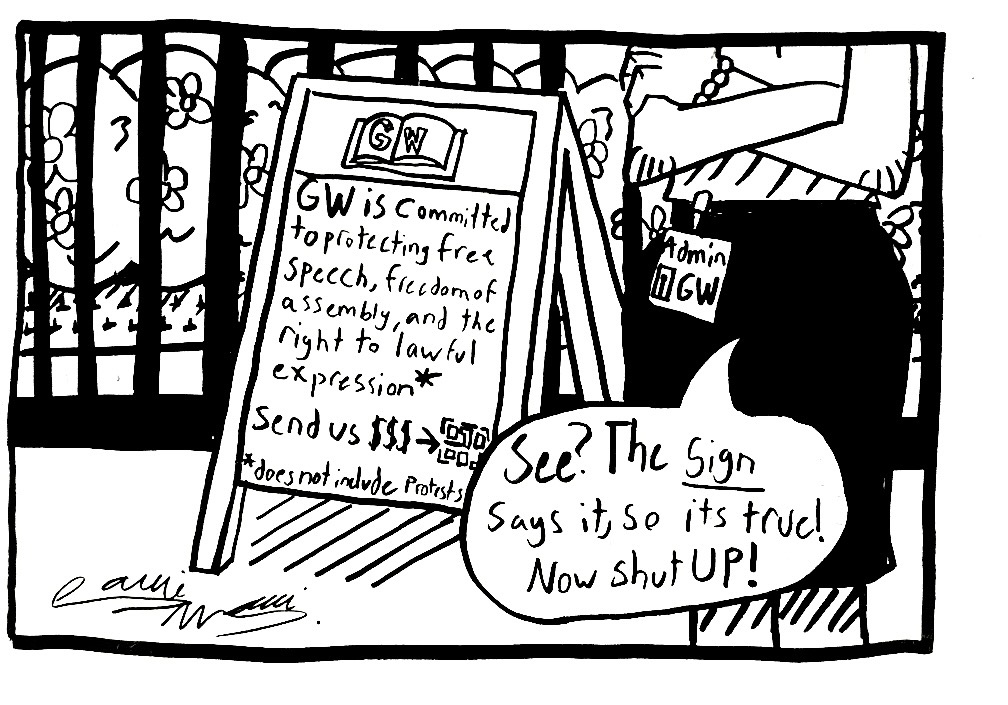President Joe Biden’s poor performance in last month’s presidential debate was a wake-up call for the country, seemingly shocking U.S. voters and the media. The nation rightfully responded with questions and doubts of his capabilities in office, ultimately leading him to withdraw from the presidential race last week.
But Biden has been having senior moments since his earliest days in office. So why did much of the country begin serious discussions about the president’s future in the White House only recently?
The discussion on Biden’s mental acuity was shut down in many circles before it began. Four months ago, MSNBC co-host Joe Scarborough, who has known Biden personally “for 50 years,” commented on-air that “This version of Biden intellectually, analytically, is the best Biden ever.” When The Wall Street Journal published a June article shedding light on Biden’s diminished cognitive abilities — like mixing up two of his Hispanic cabinet secretaries and closing his eyes for extended periods during talks on Ukraine — Scarborough claimed the report was a “false, biased story.”
But one must first turn to the White House and its role to be transparent with the country when considering why the media seemingly overlooked Biden’s diminished state pre-debate. Sure enough, White House staff is under fire for shielding Biden from unscripted exchanges and avoiding questions surrounding Biden’s fitness during his time in office. The White House may have restricted access to information, but it is journalists’ responsibility to unmask the truth so the public can see it with their own eyes. And Biden’s decline reached a global stage before some of his favorite reporters faced the facts.
Former New York Times Executive Editor Jill Abramson theorizes that the lack of candid media representation on Biden’s age was due to fear of “being accused of helping elect Donald Trump.” And in an article in the Washington Post, columnist Megan McArdle writes that journalists avoided the topic of Biden’s age because “it would make their friends mad, as well as the White House.”
But journalism isn’t a hobby or even a job; it’s a responsibility to hold those in power accountable for their actions. In 1857, Samuel Johnson summed up the ultimate journalistic sacrifice — to consider journalistic integrity superior to our own personal or professional challenges. He wrote that “the liberty of the press is a blessing when we are inclined to write against others, and a calamity when we find ourselves overborne by the multitude of our assailants.”
We are now living in an age where journalists often seem to replicate a common narrative in the press. In February, the New York Times recently broke from uniformity of thought to voice concerns over Biden’s age but was met with outrage from the White House. It is these objections from powerful sources that spark the desire to acquiesce to group consensus.
As an aspiring high-school journalist, I learned the golden rule of reporting objectively, but today’s restricted media coverage has brought that golden rule to its melting point. If journalists neglect what is right before their eyes or allow their sources to do so, the public may turn a blind eye to the media itself.


